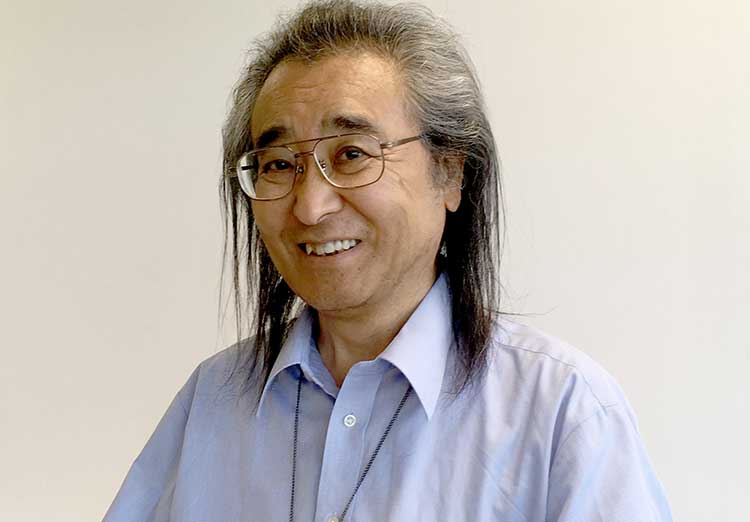Professor Setsuo Maeda, one of the world’s most respected experts in human response to vibration, has been appointed as Reactec’s Chief Scientific Liaison – relocating from Japan to Edinburgh for the role.
Reactec provides monitoring devices and powerful analytics for managing the risk of Hand Arm Vibration (HAV) – the cause of one of the most common industrial diseases in the UK, Hand Arm Vibration Syndrome (HAVS), also known as Vibration White Finger.
Professor Maeda has an impressive track record of academic achievement; has written many books and peer-reviewed papers and is regularly invited to speak at specialist events and conferences around the world on the subject. With a vision to fully understand and eliminate this debilitating industrial disease, he will continue his pioneering research working with the team at Reactec and Edinburgh Napier University to better understand the relationship between exposure to vibration and the progression of the disease [symptoms].
Earlier this year, Professor Maeda, Reactec and Dr Mark Taylor of Edinburgh Napier University published the findings of a joint research project on response relationships between vibration assessment on the human body and the human response to vibration in the International Journal of Industrial Ergonomics [*see notes to Editors].
The Professor has had an impressive career over forty years in the field of hand arm vibration research and holds doctorates in both engineering and medical science. The Professor is also a visiting professor at Nottingham Trent University [see detailed biog in notes]
Jacqui McLaughlin, Chief Executive of Reactec said: “We are honoured to have Professor Maeda with us in this important role. The Professor is working with us to help progress the understanding of risk from exposure to vibration and how our wearable technology can help companies better address this risk. We hope that one day through collaborative research, that we can fully understand and eliminate this debilitating industrial disease.”
Commenting on his appointment, Professor Maeda said: “Throughout my career, I have been driven by the goal of fully understanding the effects of vibration on the human body and through research, to do what I can to ensure that we remove this industrial disease from being common place. I am passionate about my research and excited about my new role with Reactec and the strong partnership with Edinburgh Napier University.”
